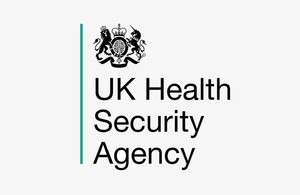Face-to-face assessments to resume for health and disability benefits
Press release
In line with the latest public health guidance and adhering to strict safety protocols, the department plans to begin reintroducing face-to-face assessments for health and disability benefits.

Face-to-face assessments for Industrial Injuries Disablement Benefit (IIDB) claimants in England will resume from 12 April 2021. Face-to-face assessments for Work Capability Assessments (WCAs) (for claims for the additional health amount of Universal Credit and Employment and Support Allowance) and Personal Independence Payment (PIP), will resume from May. Initially, this will only be for those who we are unable to fully assess by other channels.
People will be invited for their appointments by letter, which will clearly set out what to expect at their appointment.
Face-to-face assessments will take place alongside existing paper-based assessments, and telephone assessments (for WCAs and PIP), which will continue to take place where suitable.
The Department for Work and Pensions has worked with its assessment providers to ensure that assessment centres are fully compliant with COVID-19 safety measures and on 29 March 2021 published detailed guidance on gov.uk for claimants and assessment providers to support the safe resumption of face-to-face assessments. This covers measures such as social distancing requirements, sanitisation, PPE and face coverings.
Our approach and guidance will be kept under review to ensure the department’s approach remains aligned with the latest public health guidance.
Media enquiries for this press release – 020 3267 5144
Follow DWP on:
Published 29 March 2021
